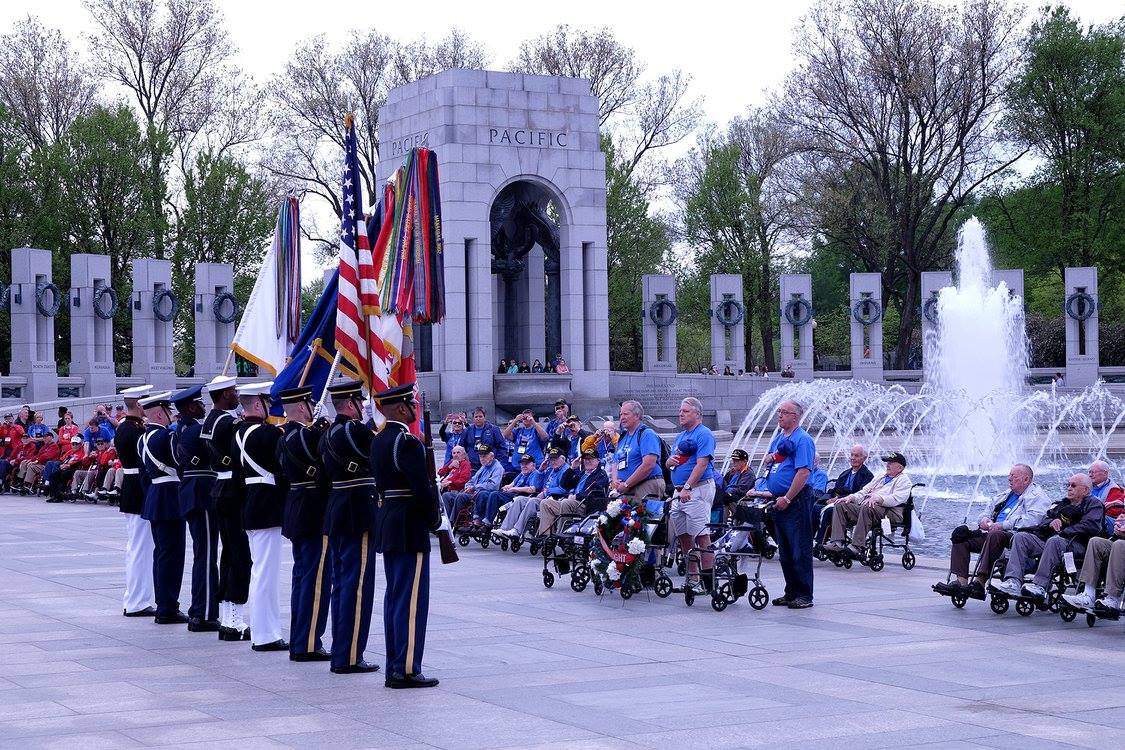Gregory Bereiter is a historian at the Naval History and Heritage Command where he’s currently researching and writing about naval operations in the immediate aftermath of 9/11. He lives in Alexandria, Virginia, and has been a member since 2009.
 Alma maters: BA, Illinois Wesleyan University, 2001; MA, Northern Illinois University, 2009; PhD, Northern Illinois University, 2016
Alma maters: BA, Illinois Wesleyan University, 2001; MA, Northern Illinois University, 2009; PhD, Northern Illinois University, 2016
Fields of interest: French Wars of Religion, cultural and military history of early modern Europe, comparative religious violence and civil conflict
When did you first develop an interest in history?
My interest in history first developed when I was in grade school and junior high, with family visits to places like Plimoth Plantation, Plymouth Rock, inns visited by George Washington and the Marquis de Lafayette, Theodore Roosevelt National Park, Mount Rushmore National Memorial, and the Little Bighorn Battlefield National Monument. I also remember being fascinated by books like Johnny Tremain and The Red Badge of Courage, and films such as Glory, Dances with Wolves, and The Last of the Mohicans.
What projects are you currently working on?
In my position at Naval History and Heritage Command (NHHC), I am currently researching and writing about naval operations in the immediate aftermath of 9/11. I also help transcribe and translate French-language documents for the Naval Documents of the American Revolution series. Outside of my work at NHHC, I am just beginning to undertake revisions to my dissertation on clergy and violence in the French Wars of Religion for publication as an academic monograph.
Have your interests evolved since graduation? If so, how?
My interests seem to have evolved out of necessity since graduation. Since beginning work at NHHC, I have become increasingly interested in the ways in which the US and other global powers have employed military force to accomplish national objectives. I have also grown more intrigued by strategic culture and the organizational culture of particular militaries. These new interests will likely influence my approach to the cultural history of sectarian violence and religious conflict in early modern France.
Is there an article, book, movie, blog etc. that you could recommend to fellow AHA members?
As an early modernist, I cannot help but recommend Natalie Zemon Davis’s “Rites of Violence,” one of several superb essays in her celebrated Society and Culture in Early Modern France. Also, Eamon Duffy’s The Voices of Morebath: Reformation and Rebellion in an English Village captivated me during my first semester of graduate school and has drawn me back many times since.
What do you value most about the history profession?
Historians offer nuanced understandings of the world in which we live, bringing important historical perspectives to bear on issues of persistent public concern.
Why have you continued to be a member of the AHA?
AHA continually performs critical advocacy work on behalf of the historical discipline. Additionally, its members are involved in all fields of history and all areas of employment.
Other than history, what are you passionate about?
Travel, especially to Europe.
AHA members are involved in all fields of history, with wide-ranging specializations, interests, and areas of employment. To recognize our talented and eclectic membership, AHA Today features a regular AHA Member Spotlight series.
This post first appeared on AHA Today.
This work is licensed under a Creative Commons Attribution-NonCommercial-NoDerivatives 4.0 International License. Attribution must provide author name, article title, Perspectives on History, date of publication, and a link to this page. This license applies only to the article, not to text or images used here by permission.



